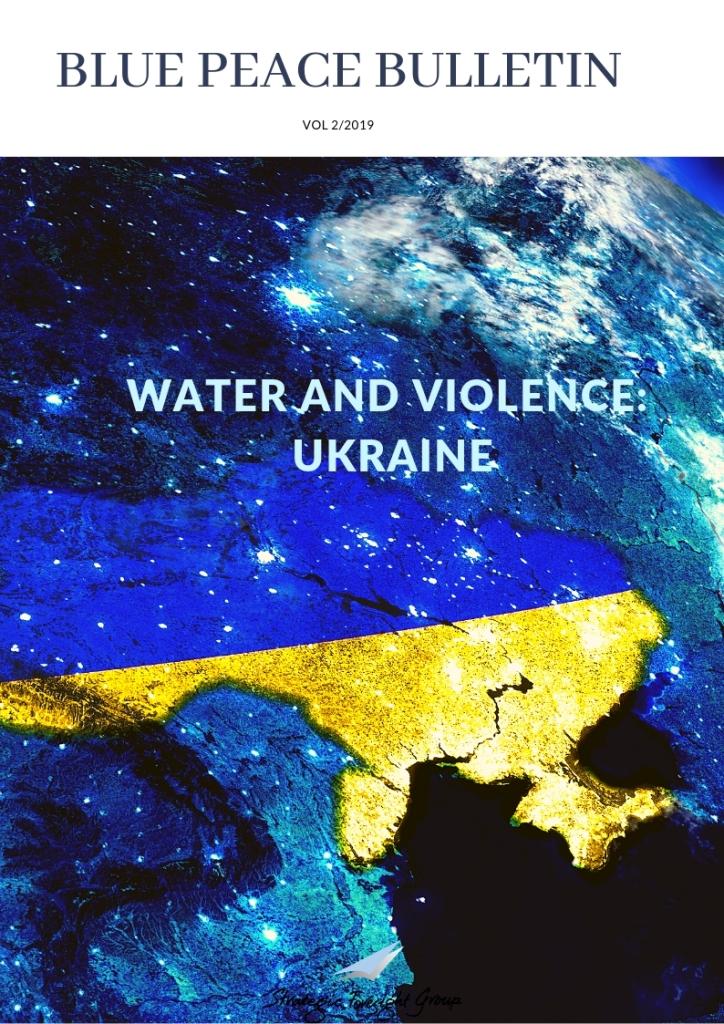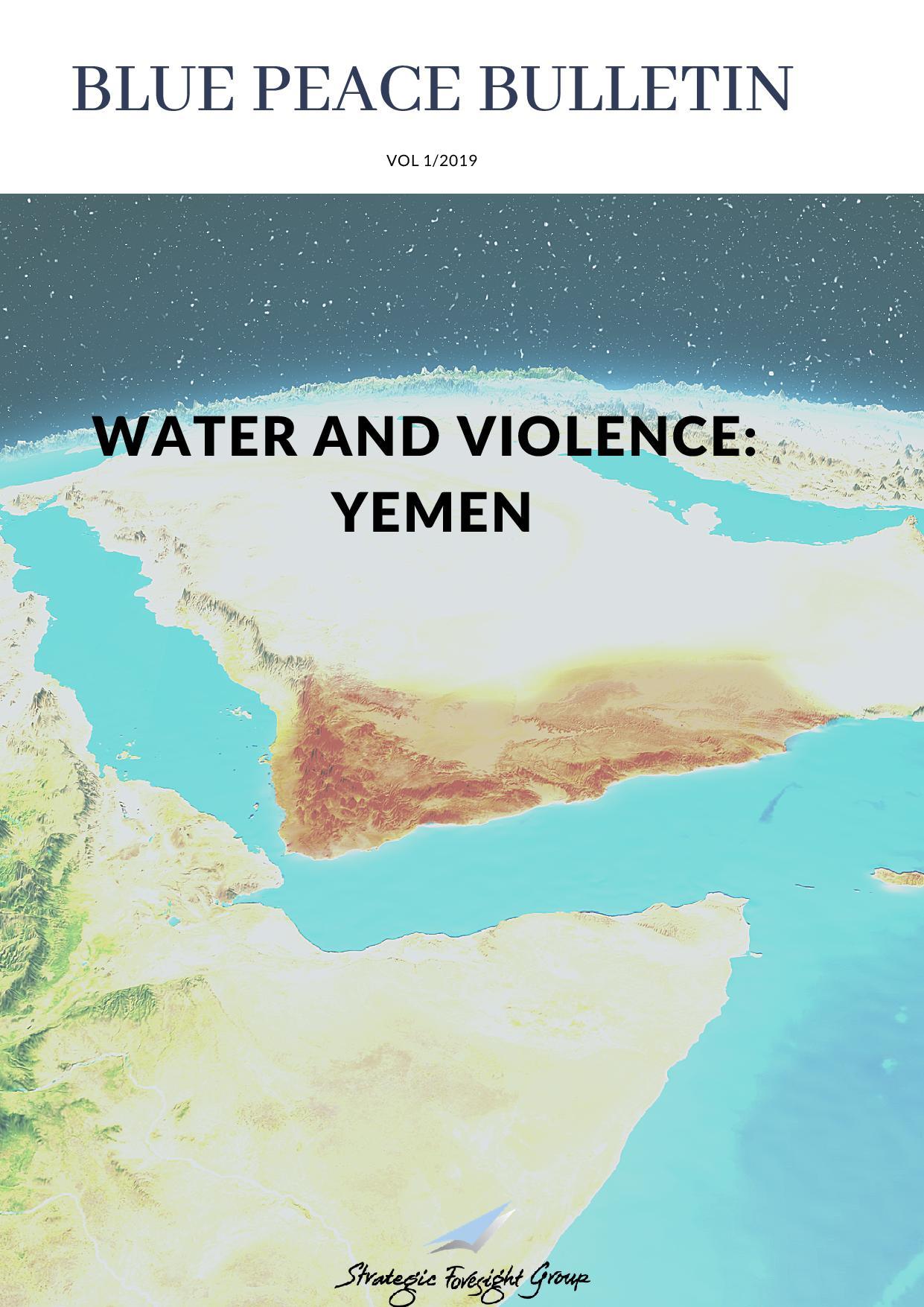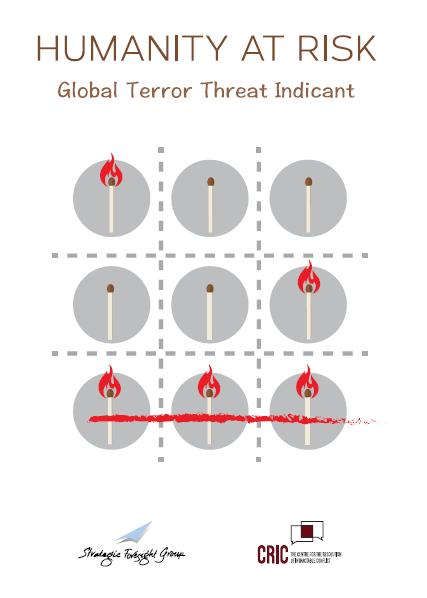The Somalian War Front
|
|
December, 2009
By
|
In an important speech in early December, US President Barack Obama laid out plans for the pullout of US troops from Afghanistan in 2011. This would mean an end to 10-year long operations in Afghanistan against Al Qaeda. Obama also mentioned in this speech that Somalia would be the next battleground against Al Qaeda. Does this mean that the allies intend to focus next on Somalia in the �€˜war on terror�€™? If it does, then the question to be asked is, is Somalia capable of withstanding a US-led invasion against Al Qaeda-related terrorists? Whatever the next step maybe in the �€˜war on terror�€™, it is clear that Somalia is a significant priority for the international community. Added to the menace of being entrenched in rising Al Qaeda influence, poverty-stricken Somalia is undergoing a desperate humanitarian crisis as well. Balancing both these issues will pose a tough challenge to the international community, demanding incredible diplomacy and international dialogue, and will have vital future repercussions internationally. Hence, it is essential that the international community consider the country a priority and develop a creative solution that can address the complex situation in Somalia.
Somalia ranks number one in the international list of failed states. It is amongst the poorest and least developed countries in the world. It has seen over 18 years of a bloody and violent civil war. There is minimal infrastructure in place, and Somalis lack basic services including access to clean drinking water, food, medicine and education. Persistent drought has slashed agricultural production and food prices have spiraled out of control. Added to food scarcity, is a huge refugee crisis with the Somalis fleeing to neighboring countries. The central government is extremely weak and unable to provide food security and safety for its people. Added to this, Somalia is also facing the threat of an Islamic insurgency. What had essentially been a clan-based fight for power, has turned religious in the past few years. Islamic factions, once allied to the government, are now bent on overthrowing it. Nearly three-fourths of the country, primarily central and southern Somalia, is held by Islamic militants. The government is in control of only a small portion of Mogadishu, the capital. The African Union peacekeeping troops, stationed in Somalia to bolster the weak Transitional Federal Government (TFG), are fighting a losing battle against these militants.
Al Shabab is the most powerful Islamic militant group in Somalia. After almost 2 years of battle, the group today controls almost all of the capital. It is affiliated to Al Qaeda, from which it receives part of its funding, and has declared war on the UN-backed Transitional Federal Government in Somalia. The recent suicide bomb attack in Mogadishu has shown that Al Shabab has found inspiration in Al Qaeda�€™s modus operandi of suicide bombings. Suicide bombings were unheard of in Somalia prior to 2007; since then, they have become increasingly frequent. Recent attacks by Al Shabab have become more sophisticated and deadly. There have even been reports that pirates are smuggling fighters via sea for the Al Shabab. The international community is concerned that Al Qaeda might be trying to gain a foothold in the Horn of Africa gradually, starting with efforts to control Somalia. US forces have already been carrying out air raids in order to target key Al Qaeda and Al Shabab officials in Somalia. Its raid in September 2009 killed a prominent Al Qaeda leader Saleh Ali Saleh Nabhan. The weak Transitional Federal Government has even been provided with weapons in order to better handle the insurgency. Unfortunately, these weapons have ended up for sale in Mogadishu �€“ another indication of just how precarious any unplanned international intervention can be.
President Obama�€™s latest speech strengthens already-existing speculation that Somalia may be the next front in the �€˜war on terrorism�€™. But due to the prevailing anarchy in Somalia, it would be an unpredictable country in which to conduct counterterrorism operations. Its turbulent internal politics may make any sustained military effort against Al Qaeda difficult on Somalian soil. The situation in Somalia today is much worse than that in Afghanistan of 2001, before the US-led invasion.
Today, the state of Somalia makes any kind of direct military intervention on its soil extremely risky and potentially disastrous. The attempted Ethiopian invasion in 2006 is a reminder of the debacle a full-scale military invasion would be. This invasion resulted in the Al-Shabab militia gaining popularity among Somalis due to its fight against the Ethiopian army. Another military invasion may serve to unite the people against foreign invaders and lead to an increase in the popularity of Islamic militias. The weak government and the splintered internal politics of the country will impede a sustained military effort. Also, with two active wars in Iraq and Afghanistan, the US and its allies cannot afford another war front, either monetarily or militarily. The operations in Iraq and Afghanistan have proved to be too costly for western nations. The last US intervention in Somalia, in Mogadishu in 1996, ended up being a disaster. Any plan of a direct military operation in Somalia could fail to garner enough political and public support on the home front, due to that.
The air raids carried out by the US have been successful to some extent in eliminating important leaders of Al Qaeda and Al Shabab. But these are hardly enough to cut off the hydra-like heads of these organizations. There is no guarantee that such raids would be enough to curtail the growing influence of Al Qaeda in Somalia, in addition to the heavy collateral damage they extol.
Funding the Somali government for arms and ammunition to fight against Islamic militia has not worked out either. The corrupt government machinery has allowed these to find their way into insurgents�€™ hands. Hence, providing arms and ammunition to Somali security forces may end up being a liability.
It is clear then that none of the conventional modes of the �€˜war on terror�€™ will be effective in a country like Somalia. But it is also clear that Somalia cannot be left to fend for itself. Its current state of extreme poverty, decades-long violence, weak government, continuing drought-like conditions, and failure of basic public services, has made it an easy prey for Al Qaeda. This means that the situation here will become much worse in the months to come and that too, very quickly. The presence of Al Qaeda in Somalia is also a threat to the stability of neighbouring countries such as Kenya. The solution is then to give the issue of Somalia enough priority so that an �€™out-of-box�€™ solution can be worked out, something that hasn�€™t been thought of till now. A sustained, dedicated, and creative international effort, with an in-depth analysis of the various cultural and political issues in Somalia is required. Only a multi-pronged approach to simultaneously deal with Somalia�€™s various challenges can be successful. It has to be a single concerted effort with no room for constant revision of inconsistent policies. Failure of a shabby and half-hearted international effort will be disastrous to the region and to humanity.
Related Publications
Related latest News
Related Conferences Reports
-

P5 Experts Roundtable on Nuclear Risk Reduction
Download:Geneva Roundtable Report
-

Roundtable on Global Security and Catastrophic Risks
Download:Report on RT revise





